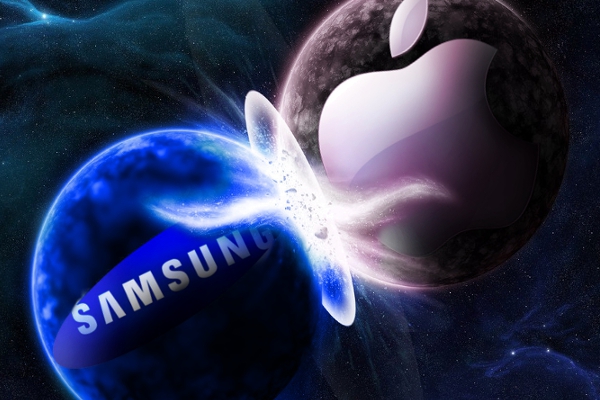Thursday, February 14, 2013
Post #6: Patent Trolls: Stifling Growth?
As mentioned in my previous blog post, non-practicing entities purchase patents to then sue other companies for money. Also known as patent trolls, these people are now being attacked by our very own President Obama because all they do is coerce other companies. Patent offices are such an important institution because they do so much for protecting inventions and letting companies flourish through competitive advantages. But now, they are under risk of these trolls who just want to sue and make money, when instead the patents could be going to a company that actually needs to use the invention to create their product. Government has been slow to keep pace with technological growth and advancement -- so many laws are now either outdated or don't even exist for our technology structure today. Government needs to step up and prevent these patent trolls from doing real damage before it's too late.
Article:
http://mashable.com/2013/02/14/obama-patent-trolls/?utm_source=feedburner&utm_medium=feed&utm_campaign=Feed%3A+Mashable+%28Mashable%29
Post #5: The Power of Patents: Google sues British Telecom with Motorola Patents
This past class we learned about non-practicing entities that purchase patent rights to then sue companies that use that certain invention. Although Google suing British Telecom with Motorola patents is not an example of this, it is essentially the same thing. Since Motorola was bought out by Google, it gave Google the ability to own all of its patents and then use them to sue other companies who attempt to infringe. In this case, Google was able to secure 17,000 patents and is still waiting to hear about 7,500 more, just to be able to use them as leverage over other companies.
This latest round of Google's lawsuits is especially interesting because it is coming after BT sued Google for claiming it infringed on patents of its own. In response, Google is using the Motorola patents it recently purchased to counter sue. This highlights the back and forth nature of patent wars, which seem to be never end nowadays. We can only wait to see what the outcome will be.
An interesting fact at the end of the article that I thought was worth mentioning is that "Only 5,462 [patents] were filed at the height of the technology boom in 2000, but more than 14,200 were lodged last year". We can see the increasing importance of patents as everything is becoming even more competitive in the mobile market since it expects to increase to a 500 billion dollar industry in the next few years. For these companies, owning these patents is what gives them a competitive edge and slowing down their competitors in litigation battles is all part of the game to own the most market share.
http://www.telegraph.co.uk/finance/newsbysector/mediatechnologyandtelecoms/9869327/Google-uses-Motorola-patents-to-sue-BT.html
Sunday, February 10, 2013
Post #4: A Close Relationship Gone Astray
We've all heard about Apple suing Samsung because they were upset with how they designed their newest phones. The media made it seem like an all out war between the two where no one would back down and that Apple and Samsung were and have always been mortal enemies. However, after reading this article:
http://news.cnet.com/8301-13579_3-57568584-37/tim-cook-reportedly-opposed-patent-suits-against-samsung/
it is clear the relationship between the two is much more intertwined, then at least I had previously thought. Seeing that Apple relied heavily on Samsung as a components supplier, the whole idea of going into court over a patent seemed ill-mannered to Tim Cook and Steve Jobs. It seems that in this case not everyone was interested in just spending huge sums of money to sue one another because it would do much more then just resolve a patent dispute, it would also strain personal and professional relationships. As mentioned in the article, Samsung and Apple began working very closely with each other and even the grandson of Samsung's founder ended up visiting Steve Job at home. However, since the two companies never reached a reciprocal patent agreement, they were unable to to come to an agreement and the trial would surely take place. Now, Apple is seeking ways to distance itself from reliance on Samsung parts. It is interesting to see how these two companies relationships have evolved over time, and clearly they're in a stage where they're not so close anymore.
Subscribe to:
Comments (Atom)


